Portfolio
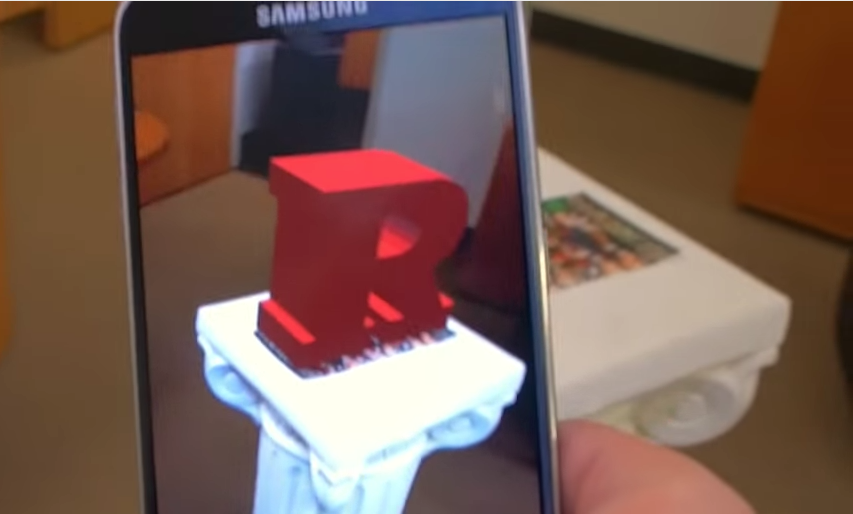 |
Augmented Reality in Education
Rutgers' CyberLearning Innovation and Research Center is developing a new way for students to learn about Augmented Reality, or AR. The way AR works is that you can hover a smart phone over an object and watch it come to life using a 3D Augmented Reality App or you can see a video by using a page from a textbook. |
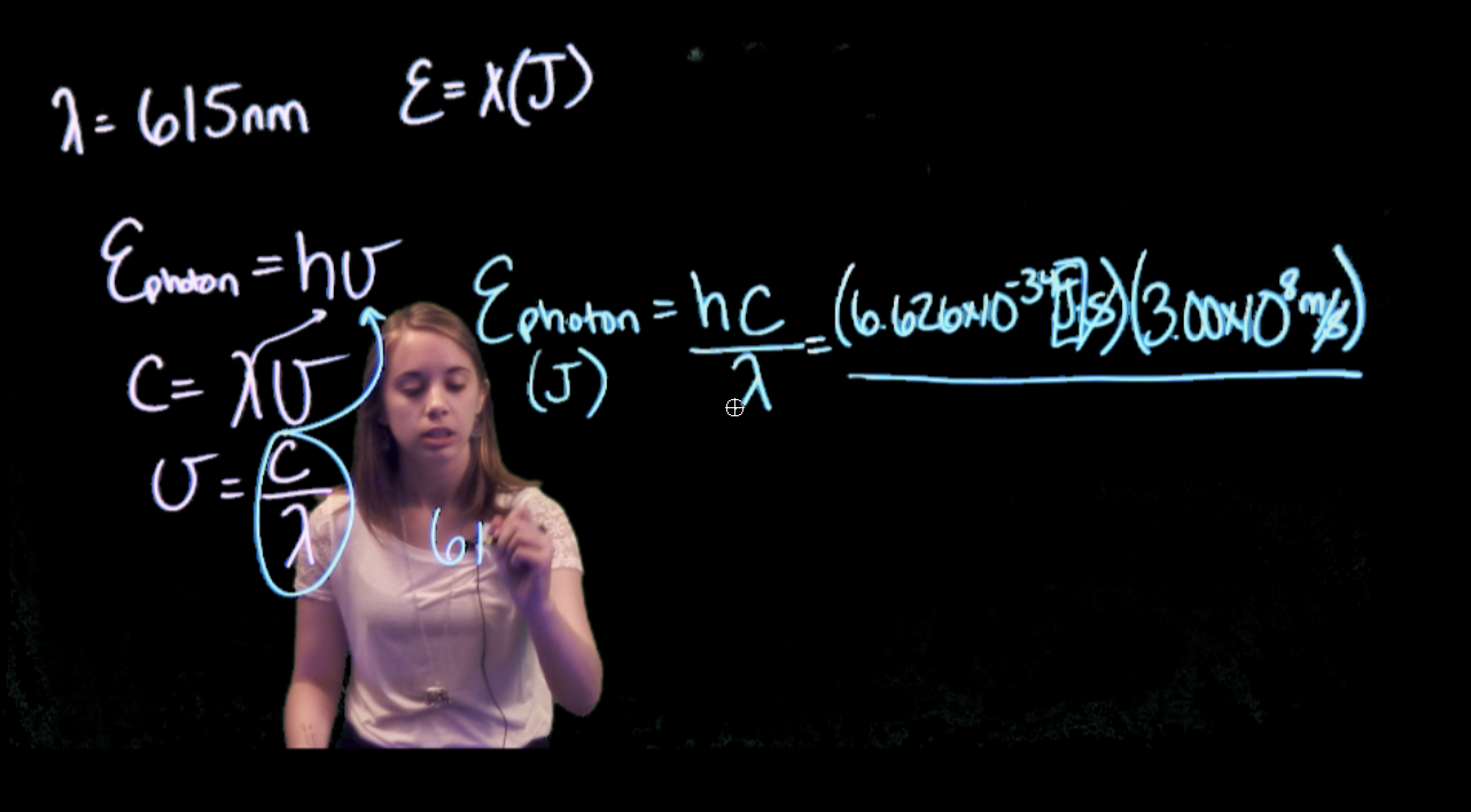 |
Glassboard Project
Online learning is part of the future of education. Find out how Rutgers’ CyberLearning Innovation and Research Center is working to make the experience more engaging for students by using new technology that allows instructors to face students on camera, while appearing to write and draw in midair. See it in action. |
| Augmented Reality Sandbox
Here we have a hands on sandbox that combines the physical texture of sand with a 3D visualization applications that can literally allow anyone to create a mountain out of a mole hill. Watch as the sand comes to file as your hands cab manipulate the elevation to show a color map, topographic contour lines, and simulate water. |
|
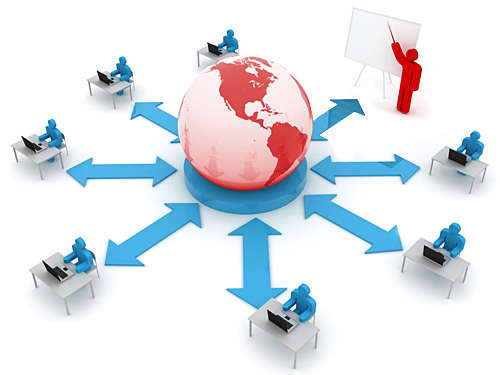 |
eGyan - Virtual Learning Environment
As the student population increases beyond the capacity of existing Rutgers University classrooms, educators are turning to online educational formats. The eGyan system is a toolset that not only takes advantage of the online medium, but also recreates much of the same learning atmosphere of a physical classroom. Enhancing online interactions through toolsets custom built for both the large lecture as well as recitation and one-to-one formats, eGyan provides an easy-to-configure and use platform for thousands of students in science and humanities courses. |
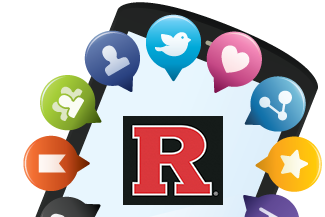 |
Mobile Application Development Mobile devices such as smartphones and tablets are becoming as ubiquitous as textbooks and notepads. Students and instructors now have these powerful devices their finger tips. We are developing apps that can be used by both instructors and students to both enhance and engage the educational experience. Please check back soon for more information and updates about these projects.
|
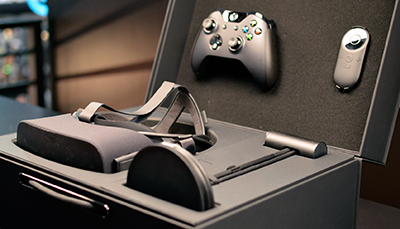 |
Virtual Reality in Education Over the last several years - VR has moved from the military and avaition into mainstream professional development for companies and even the medical space. But here at CIRC - we are pursuing new avenus for educational training and engagement by buildin an immersive experience that can bring to life a wealth of knowledge. We have many exciting projects in the works and are eager to share them and invite other ideas from the education community. |
 |
General Chemistry eLearning System (GCeLs) We are building an eLearning system to support an infrastructure for an academic social network. Using the General Chemistry course as an example, we are creating content and tool sets to help both instructors and students interact in a manner designed to promote learning with understanding in the online space. By creating a generic template for content creation and mastery of material, we will be able to build a unique framework that will support and push the boundaries of existing online educational spaces. |
 |
ChemWiki and Open Educational Resource (OER) Development
We offer our students at Rutgers access to the Chemwiki for supplemental course materials, an Open Access online textbook environment for students who take the General Chemistry Preparation Course and General Chemistry Course I & II. The ChemWiki can provide students better access to updated literature and completed examples for practice in applying their learned knowledge and skills in the classroom. |
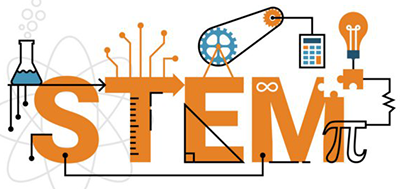 |
Sleuth and Gamification Tools
Over the past two hundred years, gamifying educational has presented an irresistible lure for educators hoping to create more engaged learning environments. Through a series of puzzles written for the General Chemistry course by several CIRC members, students are encouraged to put their chemistry skills to the test by solving identification problems with ever-decreasing budgets for clues. After additional testing, these sleuth problem sets will be employed in the General Chemistry and Preparation for General Chemistry Courses. |
